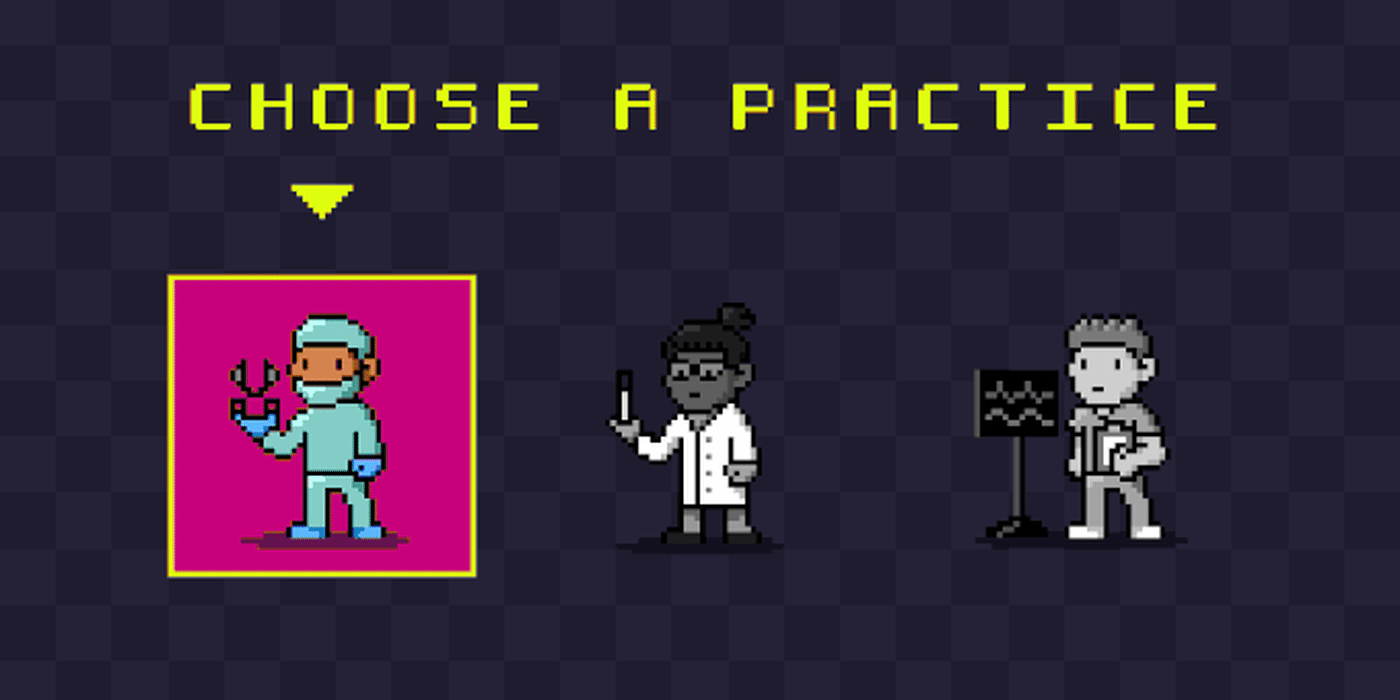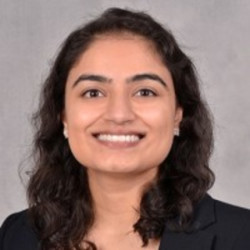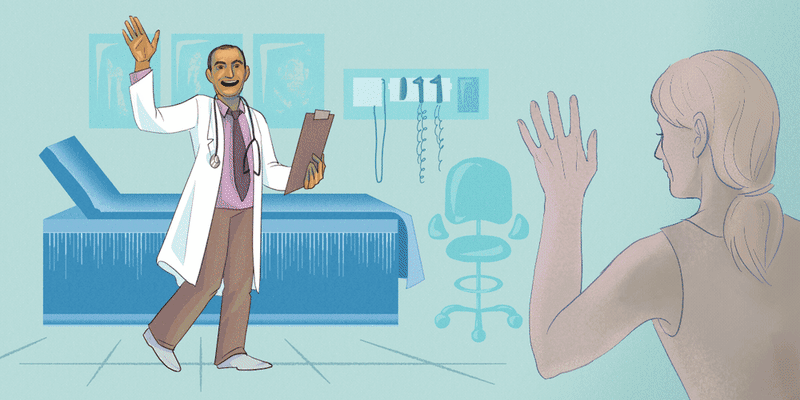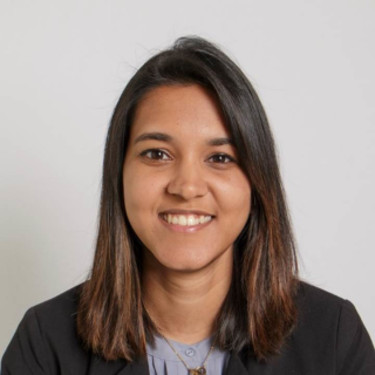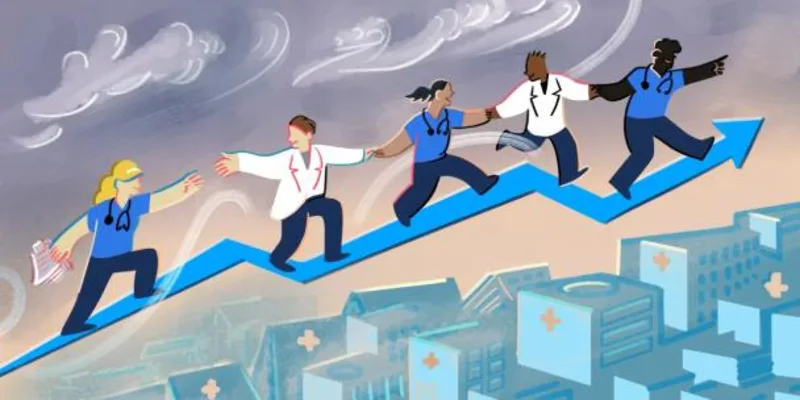“Each of you comes here today hopeful, wanting in on the game.
A month ago, you were in med school being taught by doctors. Today you are the doctors.
The seven years you spend here as a resident will be the best and worst of your life. You will be pushed to the breaking point.
Look around you. Say hello to your competition. This is your starting line. This is your arena. How well you play, that’s up to you.
Welcome to the game.”
I remember hearing these words the summer I binged “Grey’s Anatomy” before starting medical school. At the time, I didn’t fully understand their weight, but I was captivated by the power, respect, and attention this moment commanded. As an aspiring medical student, it sparked excitement about becoming a doctor. Now, six years later, as a second-year internal medicine resident, I’ve come to despise them. I refuse to play the game.
If you’re a fan of “Grey’s Anatomy,” you know how the intern class’s personalities shape the story. Meredith’s charisma, Christina’s competitive edge, Alex’s tough demeanor, and George’s endearing awkwardness — they all leave a lasting impression. You watch them endure grueling 100-hour work weeks, reminiscent of the era before the 80-hour work week was enacted. Early in their residencies, competition drives them, but over time, that rivalry fades as they grow both personally and professionally. They played the game, and they played it well.
Like these interns, I, too, tried to play the game.
I didn’t come from a family of physicians. My parents were immigrants who arrived in the U.S. in their 20s. They worked tirelessly to build the life they have today and the life they’ve provided for me. They instilled in me the importance of education, the value of respecting my mentors, and the necessity of hard work.
My passion for medicine began in high school when I researched embryonic stem cells for myocardial tissue regeneration following a heart attack. The complexities of physiology fascinated me, and in that moment, I knew I wanted to be a cardiologist. Over the next eight years, I followed the prescribed path. I volunteered, got involved in extracurriculars, and immersed myself in research — all in an effort to strengthen my applications for medical school and residency. The grind, though demanding, felt purposeful and aligned with my aspirations.
Now as I pursue fellowship, I find myself confronted with the same pressures. I need to play the game again. But something has changed. It wasn’t any single moment but rather a collection of experiences that shifted my perspective. I look around and see colleagues who are burnt out, questioning whether this path is sustainable for them. I feel the absence of meaningful professional support in a system that often prioritizes productivity over well-being. There’s a subtle yet undeniable sense of competition, even among friends. I no longer experienced the same excitement and fulfillment I once did.
I see the consequences of the game. “How are you fitting in research after working 14 to 15-hour days?” I hear these questions, and I witness my peers juggling multiple roles — resident, researcher, teacher, and caregiver — each requiring perfection. The problem isn’t the tasks themselves; it’s the culture that demands it all. Medicine, once a calling that inspired awe, has transformed into a survival game where your worth is measured by productivity, your ability to outlast others, and your constant busyness. The joy of patient care, the thrill of diagnosing something new, and the satisfaction of helping others often gets lost behind the pressure to meet expectations, quotas, and the never-ending grind.
In this high-stakes environment, it’s easy to lose touch with who you are. I realized I was no longer practicing medicine for the joy it once brought me. Instead, I was simply fulfilling an expectation of excellence that had nothing to do with my original passion. I began waking up dreading another day of endless tasks instead of feeling excited about learning or making a difference. I had lost sight of why I wanted to be a doctor in the first place — the fascination with the human body, the desire to help patients heal, and the deep compassion that once drove me.
The turning point came when I reminded myself of my core values. My parents’ sacrifices were never about playing the game — they were about creating an opportunity for me to lead a life of purpose and meaning. Medicine was always meant to be a service, not a race to the top. The expectations placed on me, both externally and internally, no longer served my true mission of healing and understanding. They had turned into a toxic cycle of competition, comparison, and burnout.
I’ve come to understand that “playing the game” doesn’t have to mean succumbing to its demands. There’s another way to navigate this career — one that preserves my humanity and passion for the work. I want to be a physician who listens, who sees patients as people first, and who strives for excellence because it aligns with my values, not because it’s expected of me.
The road ahead is long, and it will continue to be challenging. But instead of focusing on competition or playing to win, I now aim to focus on growth — growth as a doctor, as a researcher, as a human being. I refuse to let the game define my worth. It’s time for me to redefine what success means. It’s not about titles or accolades; it’s about connection to my purpose, the joy of learning, and the privilege of making a meaningful impact on others’ lives.
In the end, medicine isn’t a game to be won. It’s a lifelong commitment to healing, learning, and serving with integrity. And that’s a game worth playing.
What do you suggest to reshape medical training? Share in the comments.
Dr. Siya Bhagat is a second-year internal medicine resident and aspiring cardiology fellow. She enjoys playing pickleball, exploring new restaurants, and spending time with friends and family. She is a 2024–2025 Doximity Op-Med Fellow.
Animation by Diana Connolly
